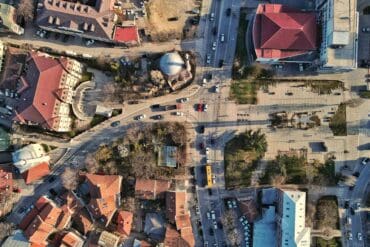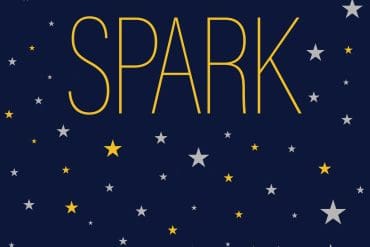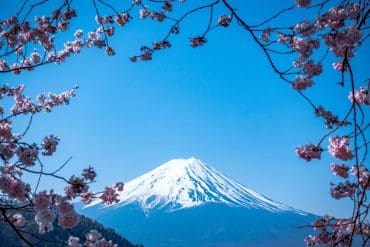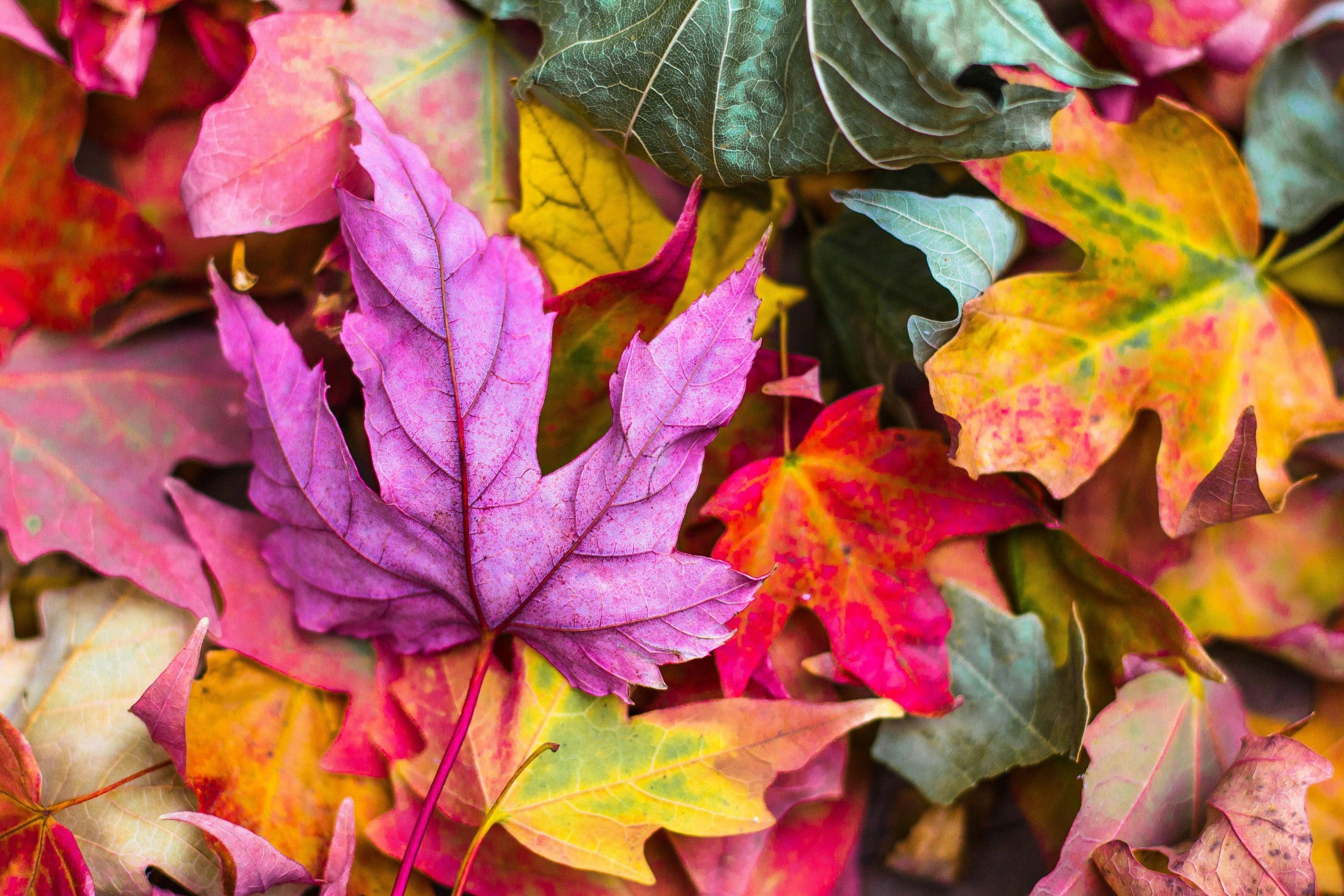When Whistles Melt into Beeps: Four Poems for AutoEthnographer
Author’s Memo
I approach poetry as a vessel to preserve the contemporary. As a poet and academic in India, a country with a legacy of cultural diversity, it is hard not to respond to the politics of every day. Poetry, as Billy Collins said, ‘honours subjectivity and interiority.’* Poetry is personal. However, that alone cannot be the creative threshold for a poet— a monkish soul typing away in an ivory tower. The poet is also a public intellectual; one who is out there to interrogate, to seek, to preserve the fabric of human culture.
I see poetry as a form of ethnic mooring; ‘a way of life,’ as theorised by Raymond Williams. To me culture is ‘ordinary;’ an idea of ‘lived reality’ of a ‘place,’ ‘space’ and ‘experience’ as articulated by the Birmingham School of Cultural Studies, and intellectuals like Jurgen Habermas, Richard Hoggart and Stuart Hall.
Poetry, as Billy Collins said, ‘honours subjectivity and interiority.’*
In my poems, I revisit personal experiences and read them in the broader social, political, and cultural, context. The poems explore the traditional and popular Bengali (‘Paayesh,’ ‘Paan,’) and Telugu (‘Mirchi Bhajji,’ ‘Pappu Charu’) culture of eating—in times when food seems to have become a source of instant gratification. I might appear as a nostalgist and even an idealist as I helplessly watch our hyper-consumptive digital habits, insistence on individualism and structured apathy towards climate change, control the experiential value of food. I do not intend to weigh and balance the cultural superiority of one over the other; but it is as if I become a chronicler of ancestral gastronomic knowledge, lest we forget the truths passed down to us by our mothers and grandmothers.
Poetry is personal. However, that alone cannot be the creative threshold for a poet— a monkish soul typing away in an ivory tower.
My second collection of poems, ‘Noise Cancellation,’ responds to the changing discursive patterns around cultural practices. My published poems like ‘Aloo Posto,’ explore the colonial history of opium— while I narrate the simple act of my mother cooking the dish in our traditional kitchen. ‘Sari’ also nominated for the Nina Riggs Poetry Award, 2023 interweaves a child’s wonder at the wet sari of the mother soaking the afternoon sun— the sari being the representative of Indian fabrics and weavers. The poem ‘I ran the marathon without shoes,’ laments the loss of emotional connection between teachers and students during Covid-19 — again inspired by my academic experiences. Some other poems would be ‘My hair won’t cry,’ Room, Issue 43.1, Canada; it perceives hair as a symbol of gender difference during a Hindu funeral ceremony.
I hope the poems delight you. They are premised on my private emotions but attempt to connect to the larger ethnographic context. Poems cannot stop the change and poets cannot simply wait with hands akimbo — poets seek an anchorage. Poets like barometers preserve and measure the mutating flow of culture.
*Billy Collins on finding your voice – Excellent Journey
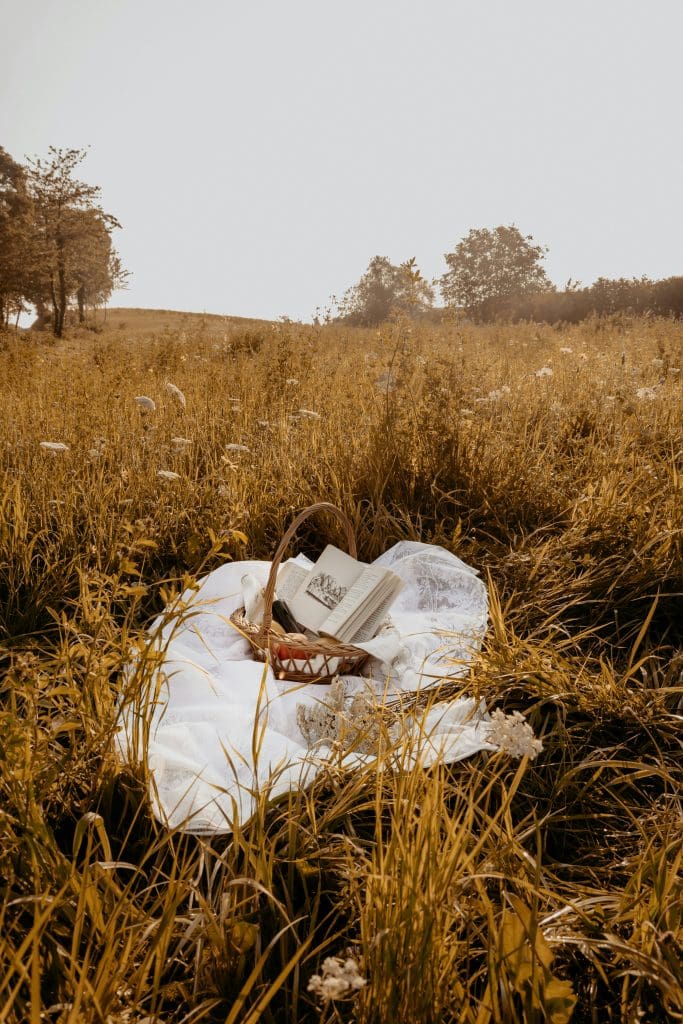
Paan
Each noon, after rice and fish,
Thamma* opened her brass box.
A green, glistening, heart-shaped,
Paan leaf from folds of a moist red cloth
was torn into two —
daubed with choon, khoir, gulkhand*,
sprinkled with betel nuts,
they swirled up in cones —
one for her; one for me.
A sweet beginning to fibrous friendships.
Silently, we would chew and spit.
Rusty-red juices of a leaf
that once announced Thamma’s marriage —
from a village to a colliery town.
Later, the leaf fell on my face,
assuring that Paan was not a dessert—
a doll-digestive — destined to dance
to the rhythms of global cuisines:
paan shot, paan ice cream,
paan pudding, paan chocolate.
Paan permutations
rumble in modern bellies —
a game of relocations;
chopped and moulded
into the desired silhouette
of the human tongue.
*Paan: Betel Leaf. *Thamma (Bangla): Grandmother. *Choon (Bangla): Lime.
*Khoir (Bangla): Catechu Plant extracts *Gulkhand: a sweet mouth freshener made of rose petals.
Paayesh
Birthsongs of Bengalis
never break upon a cake.
We are born in silver bowls of paayesh*,
stubbornly, lovingly — made by mothers.
Short-grain rice boils in full-fat milk —
sweetened by sugar or jaggery.
Later, unrushed to a cool, starchy,
pearly, often a tawny saccharine pleasure.
Ma always made paayesh.
Her rare conversation with slowness.
The old kitchen throbbing to her agile ways,
morning-hustle reduced to a constant stir
until soft little rice pillows occupied the metal arcs;
moony as marbles of the Taj Mahal.
After mutton curry and greasy brinjal fry,
cool whiteness smoothened the belly’s rage.
Now, in a digital universe,
Apps bake a screen full of cakes —
‘gluten-free’ ‘sugar-free’
mother’s-love free.
*Paayesh (Bangla): A dessert with a pudding-like consistency. It is made of rice and milk and garnished with raisins and nuts of choice.
Mirchi Bhajji*
Famished streetlings
watch the smooth cleansing of hot intestines —
a crunchy green chilli,
bathed in tamarind water,
gently drops into a wallop of besan*
and then as if to meet the call of witches,
it plunges into a cauldron of oil.
In the parliament of chillies,
seeds explode like angry ministers.
Stains of emerald-green
mark the migrant vendor,
his pungency melts into the grease
of a cool rain-washed evening.
He labours to stir and design
a burning aftertaste —
something to accord
the lamentations of poor farmers*,
“these peppers are born of a gasping earth,
without water, there is no fire”,
Heatless chillies
do not make us cry anymore —
they only thicken the body’s costume.
*Mirchi Bhajji (Hindi): chilli fritter
*Besan: chick-pea flour
*Poor Farmer
Pappu Charu*
There are days
when bones
carry the exhaustion
of a brisk mother.
The kitchen barely
provides for the night—
yet hands endure
the birth of a decent meal.
The sparse plateau of the table
holds rice, pappu charu and three omelettes.
Onion, tomatoes, moringa sticks
float in the translucence of a lentil stew.
Healing begins with warm grains
chewed and slurped in minutes.
This was my ship back home;
a dignified homage
to the labour of men and women
who raised me.
Sleep comes soon
on weary shoulders.
As I lick my palms
for the final drop
of warm, tangy, juices,
the charu is assured —
next Monday or Tuesday,
it will be summoned again.
*Pappu Charu (Telugu) : A lentil stew with vegetables
Credits
Featured Image by Jeremy Thomas for Unsplash
Image by Camille Brodard for Unsplash
Learn More
New to autoethnography? Visit What Is Autoethnography? How Can I Learn More? to learn about autoethnographic writing and expressive arts. Interested in contributing? Then, view our editorial board’s What Do Editors Look for When Reviewing Evocative Autoethnographic Work?. Accordingly, check out our Submissions page. View Our Team in order to learn about our editorial board. Please see our Work with Us page to learn about volunteering at The AutoEthnographer. Visit Scholarships to learn about our annual student scholarship competition.
Jhilam Chattaraj is an academic and poet based in Hyderabad, India. She has authored the books, Noise Cancellation (2021) Corporate Fiction: Popular Culture and the New Writers (2018) and When Lovers Leave and Poetry Stays (2018). Her works have been published in Mekong Review, New Contrast Magazine, One Art Poetry Journal, Calyx, Ariel, Room, Porridge, Queen Mob’s Tea House, Colorado Review, World Literature Today and Asian Cha among others. She received the CTI Excellence Award in ‘Literature and Soft Skills Development,’ 2019 from the Council for Transforming India and the Department of Language and Culture, Government of Telangana, India. Her poem, ‘Sari’ was nominated for the Nina Riggs Poetry Award, 2023.


